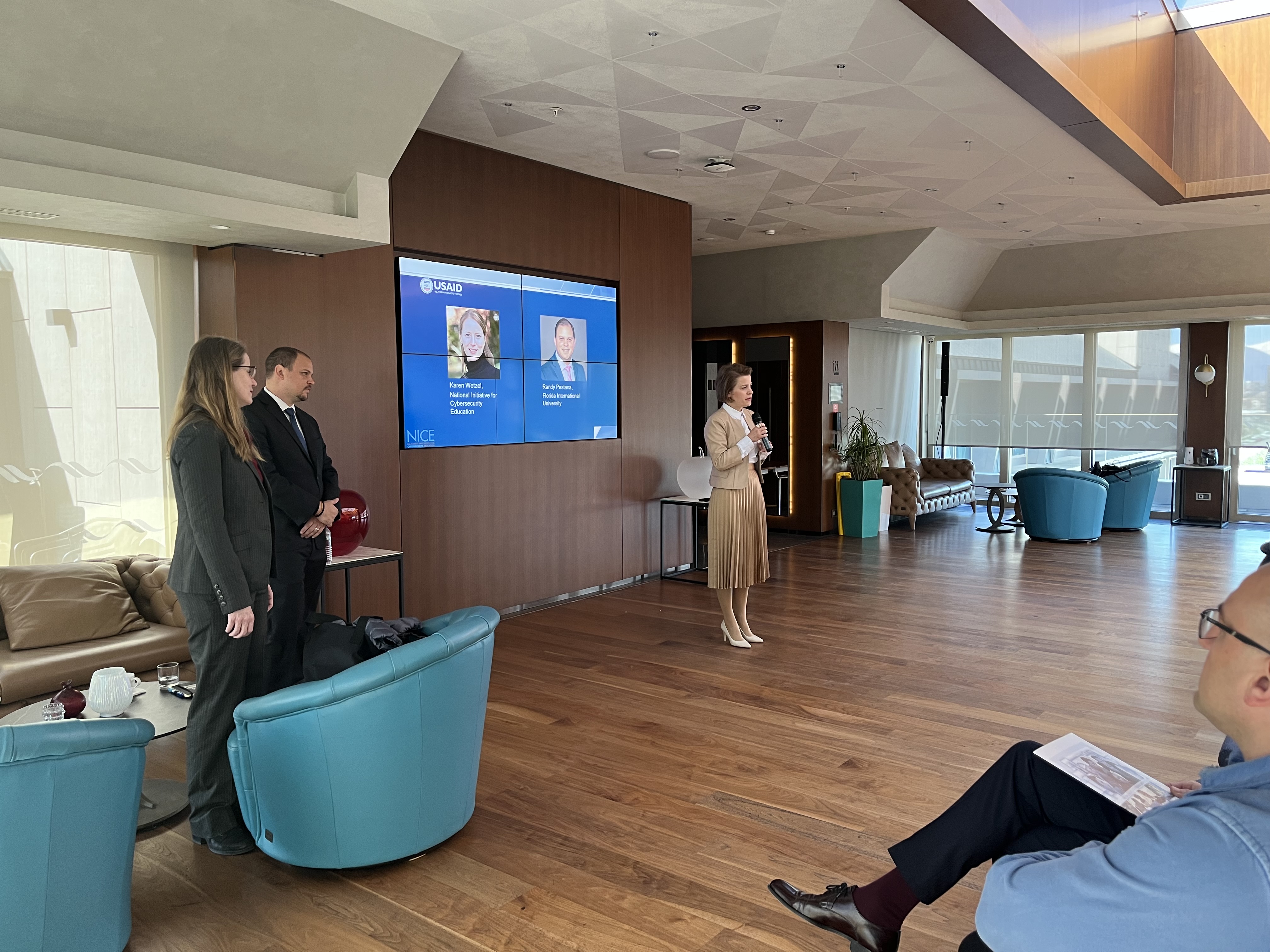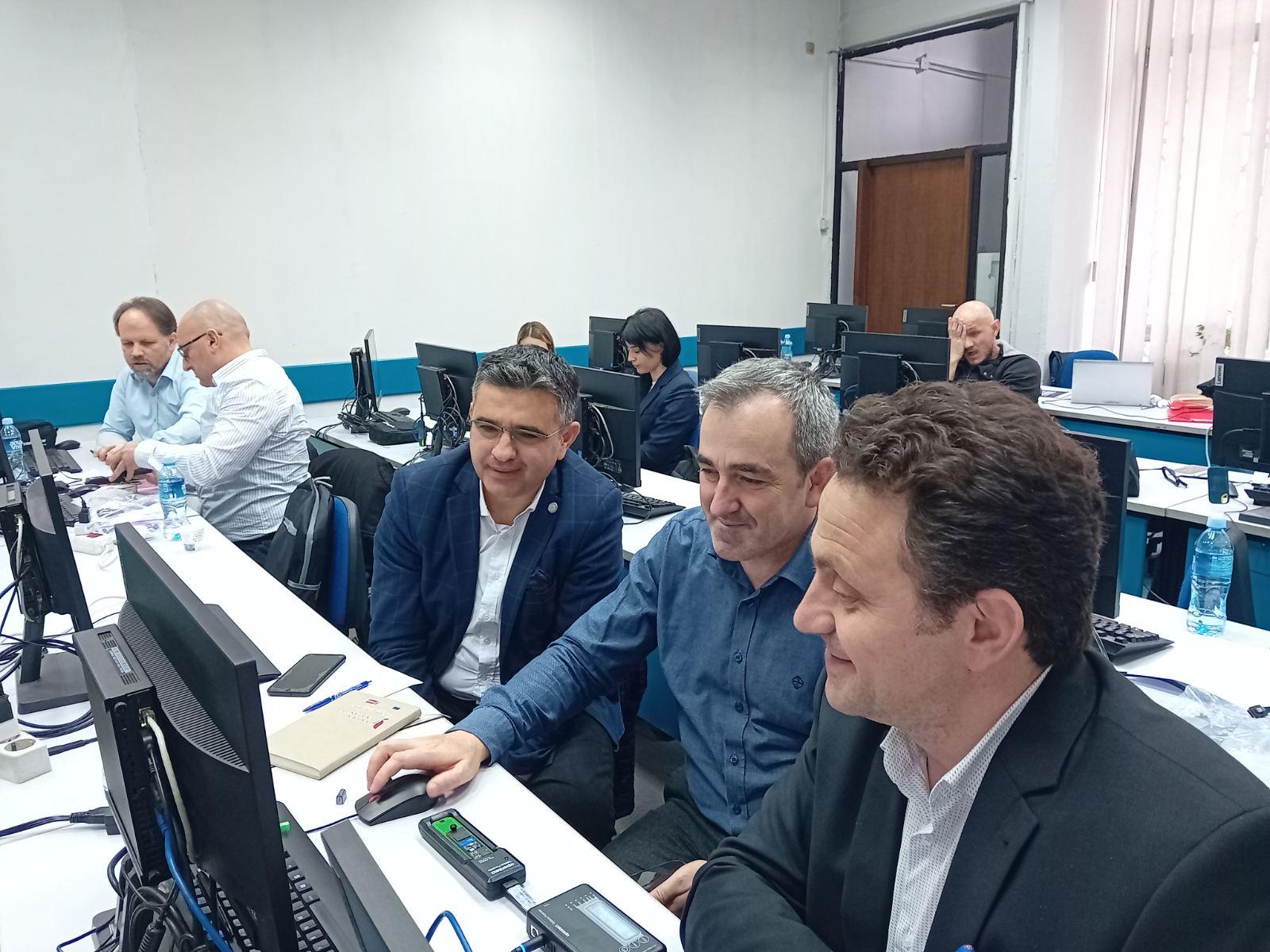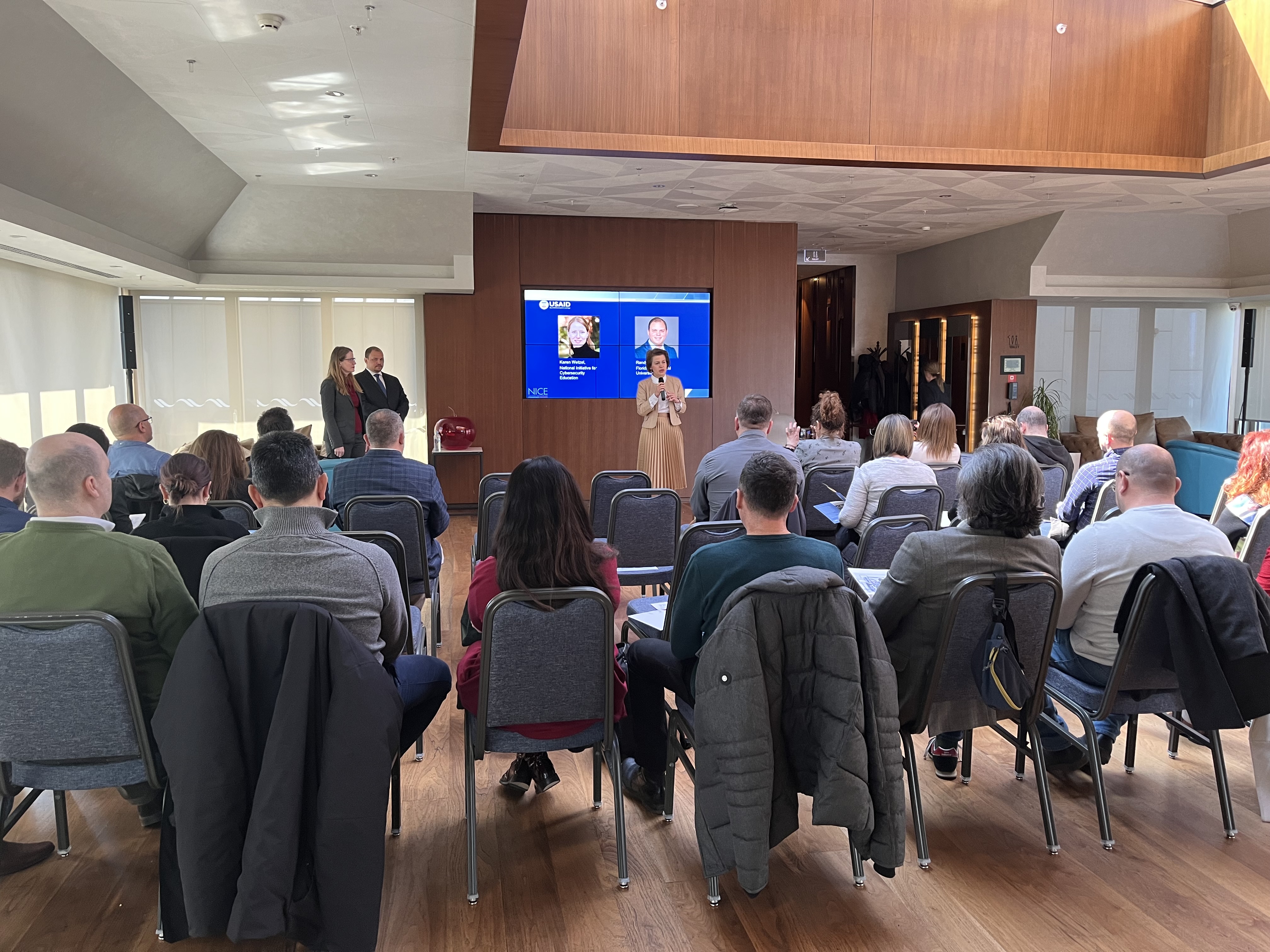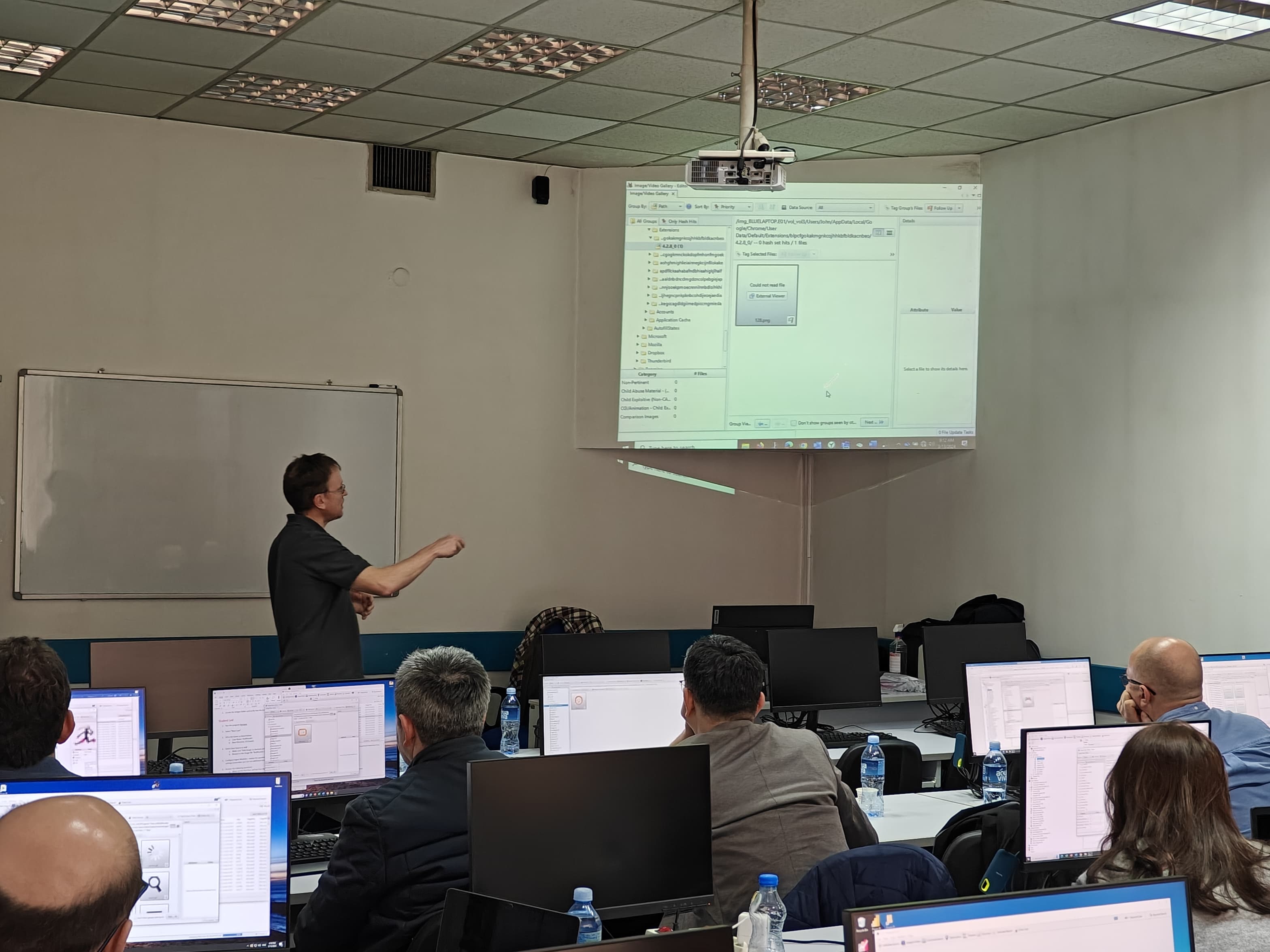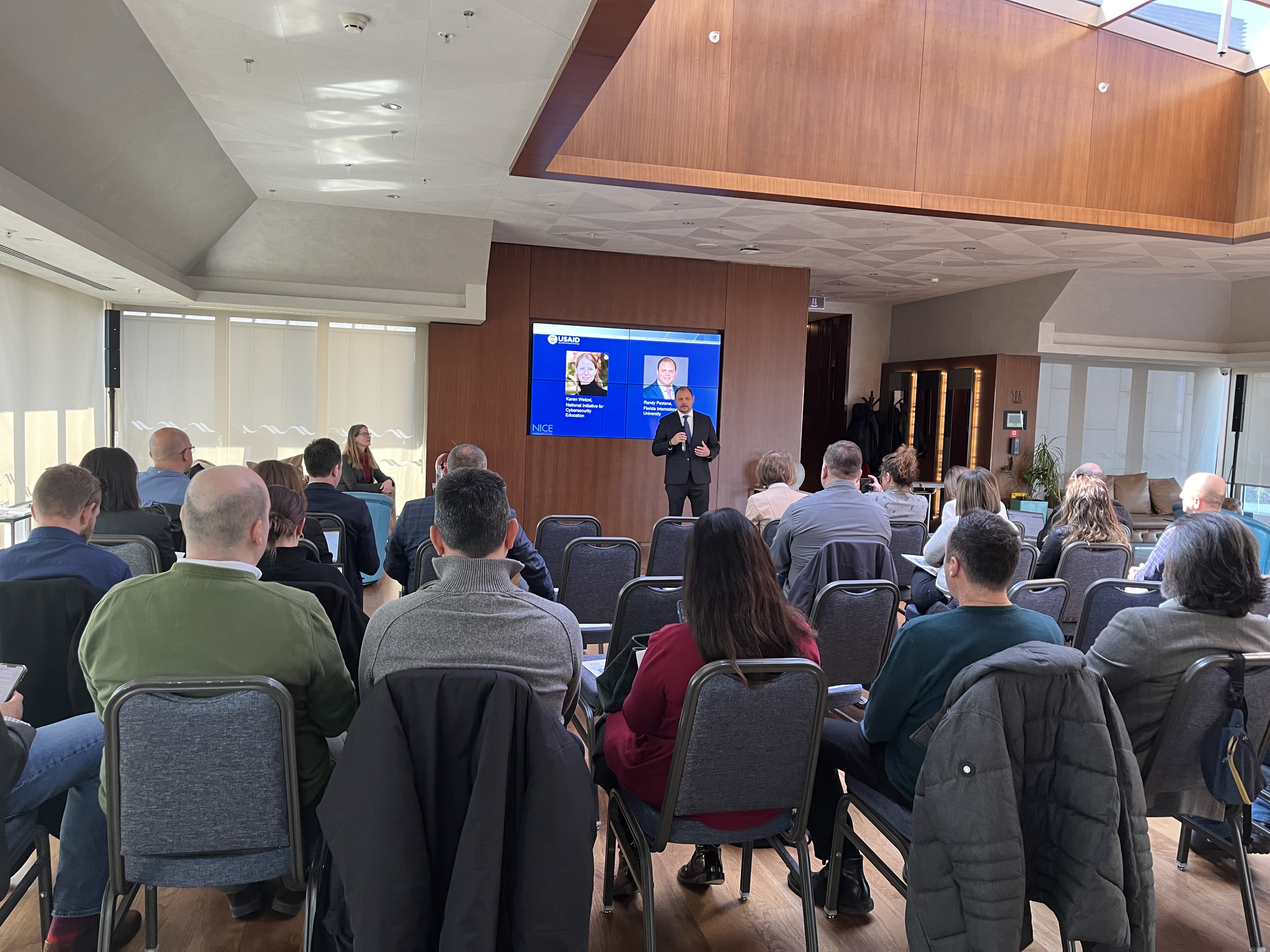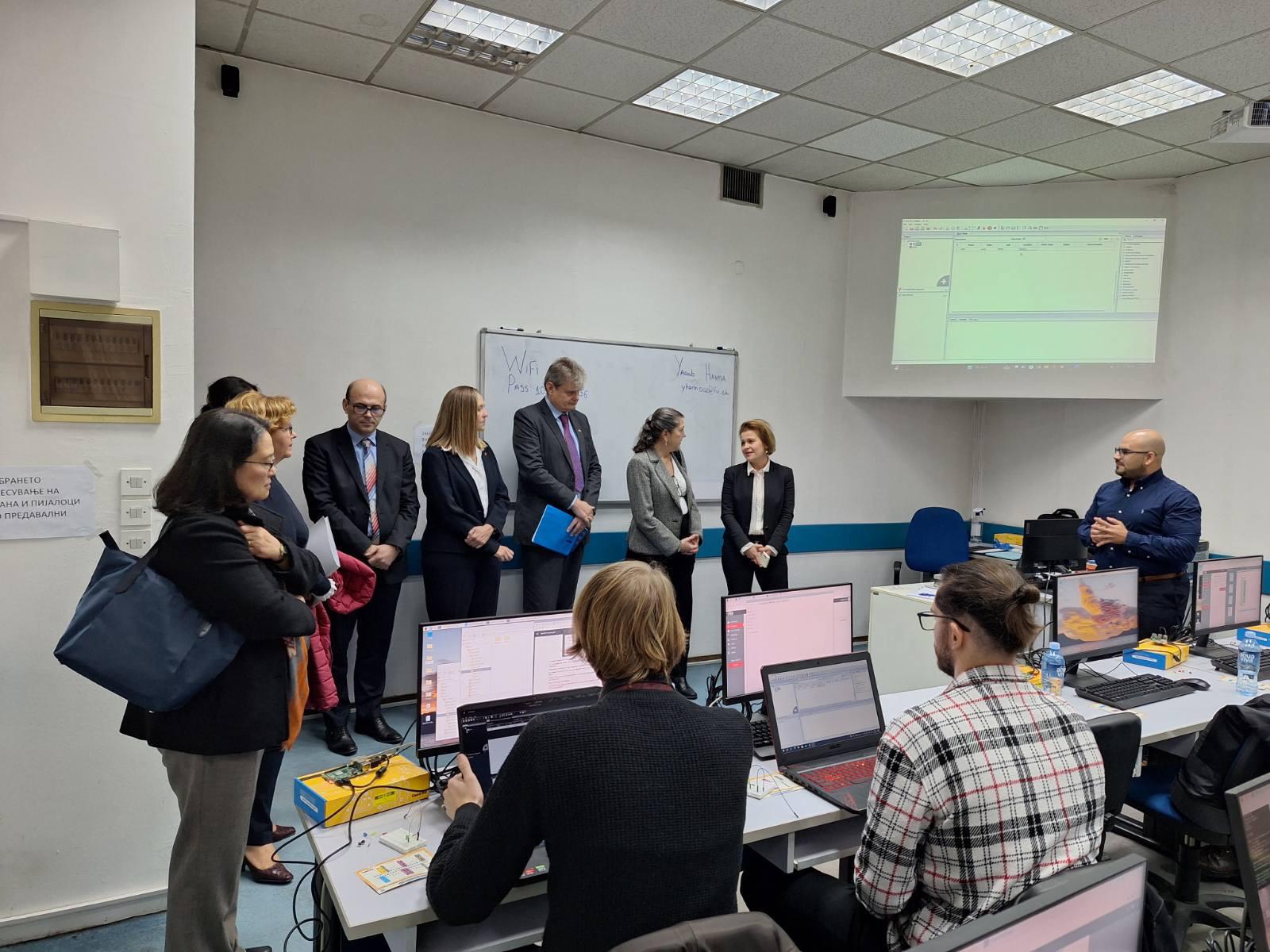Since 2019, FIU has participated in international cybersecurity capacity building. The goal of international capacity-building efforts at FIU is to make well-informed recommendations to decision-makers and to facilitate country-led efforts.
FIU supports international capacity building by analyzing national cybersecurity needs and by engaging with universities, local governments, training providers, and the private sector. To support the development of cybersecurity education, FIU provides relevant cybersecurity training, and it assesses cybersecurity curricula. FIU also addresses cybersecurity deficiencies by examining the alignment between the job market and tertiary institutions. Alignment between the job market and tertiary cybersecurity education provides a pathway for employers to address the supply of and demand for trained cybersecurity workers.
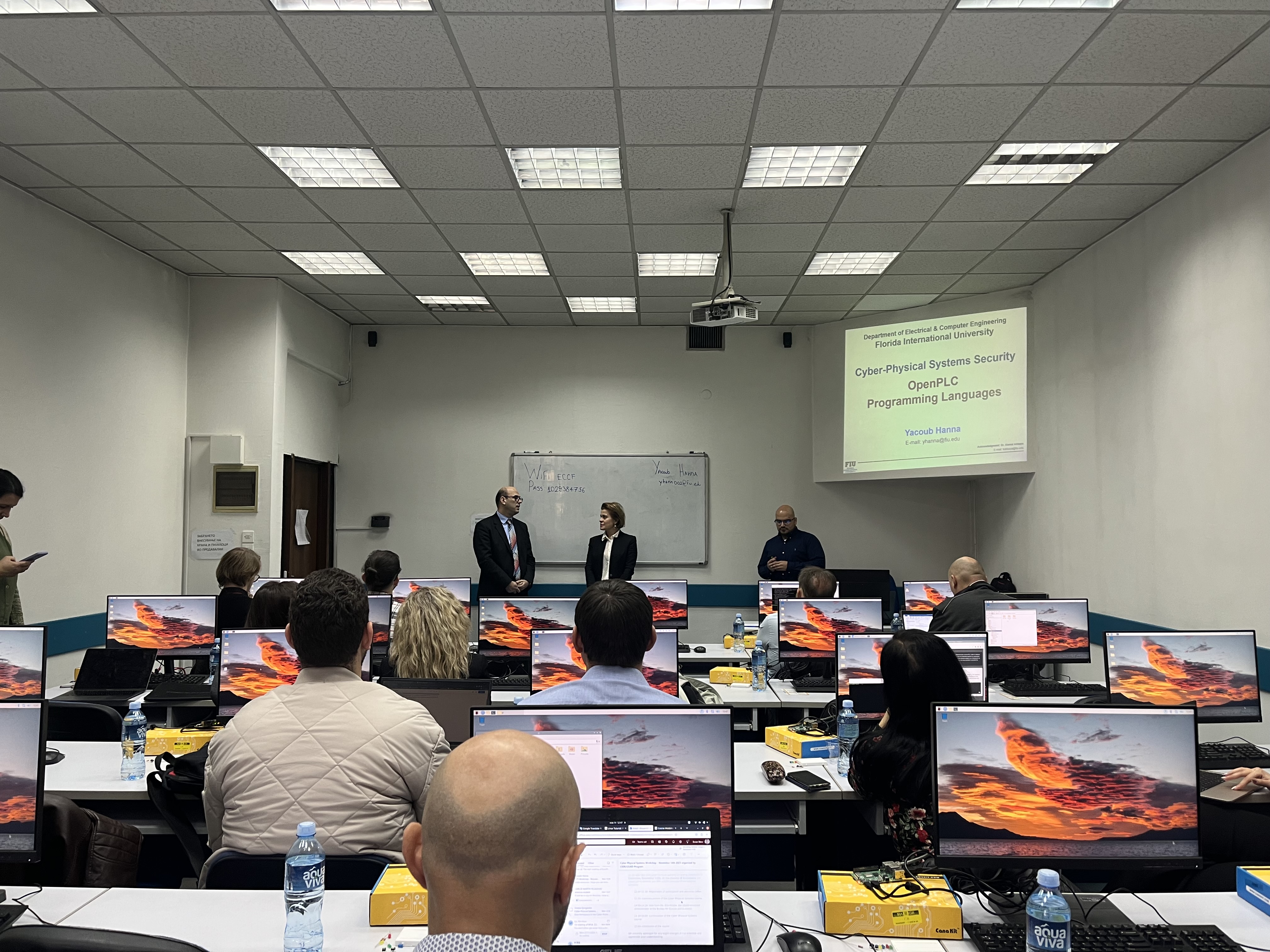
North Macedonia
Under the Critical Infrastructure Digitalization and Resilience Program, FIU engaged in cybersecurity capacity building in North Macedonia. In addition, this program also supported CIDR’s Cyber Pathways for Women initiatives in North Macedonia.
Under the CIDR program, we engaged with several stakeholders from the local government, the private sector, and academia to identify and address cybersecurity workforce deficiencies in North Macedonia. The representatives from FIU participated in panels and conferences that aimed to inform the general public and facilitate the discussion on cybersecurity workforce deficiencies and capacity building.
FIU facilitated a NIST-NICE workshop to initiate a discussion on the standardization of cybersecurity roles in North Macedonia. The Gordon Institute also published two reports: a cybersecurity workforce deficiencies assessment and a review of cybersecurity curriculums in North Macedonia. The first report summarizes the cybersecurity deficiencies of public institutions in North Macedonia. The second report identifies the current state and challenges of cybersecurity education at a tertiary level in North Macedonia.
Between May 2023-2034, FIU facilitated three (3) six-week cybersecurity courses in North Macedonia: "Internet of Things", "Cyber-Physical Protection of Critical Infrastructure" and "Digital Forensics".
A total of 83 Professors from 13 Tertiary Institutions attended.
Courses Offered:
Internet of Things
- The main objective of this course is to provide the students with foundations of threats and security for various IoT devices/networks and present some solutions. The course covers introductory topics in IoT, cybersecurity, and their intersection. The goal is to expose students to fundamental security primitives specific to IoT and apply them to various current and future security challenges. The topics will cover the protocols for IoT, the security of IoT devices and communications, key management, and privacy.
Cyber-Physical Protection of Critical Infrastructure
- The main objective of this course is to provide the students with the foundations of threats and security in CPS and present some of the solutions. The course covers introductory topics in cyber-physical systems (CPS), cybersecurity, and their intersection. The goal is to expose students to fundamental security primitives specific to CPS and apply them to various current and future security challenges. Many security countermeasures are taught, focusing on one instance of CPS - Industrial control systems. However, some concepts could be generalized to all other CPSes, including medical, transportation, and energy. The topics will cover cyber and physical attacks, security of CPS-specific communication protocols, device security, key management, and privacy.
Digital Forensics
- The main objective of this course is to provide students with the foundation for the digital forensics field. The course presents a practical guide to digital forensics, methodologies, key technical concepts, and tools needed to perform examinations and media exploitation techniques. This course is geared toward people with a solid knowledge of computers, but no programming skills are necessary. The course topics include the fundamentals of forensic science, laws, and regulations relating to digital data, quality assurance and best practices in a digital laboratory, basic terminology, an introduction to forensic software, operating and file systems artifacts, and user artifacts.
FIU Partners in North Macedonia:
- Faculty of Computer Science and Engineering - Ss. Cyril and Methodius University in Skopje
- Faculty of Economics-Ss. Cyril and Methodius University in Skopje
- Faculty of Computer Science- Goce Delchev University in Sthip
- Faculty of Information and Communication Technologies- University "St. Kliment Ohridski" in Bitola
- Faculty of Information and Communication Sciences-University of Information Science and Technology "St. Paul the Apostle" in Ohrid
